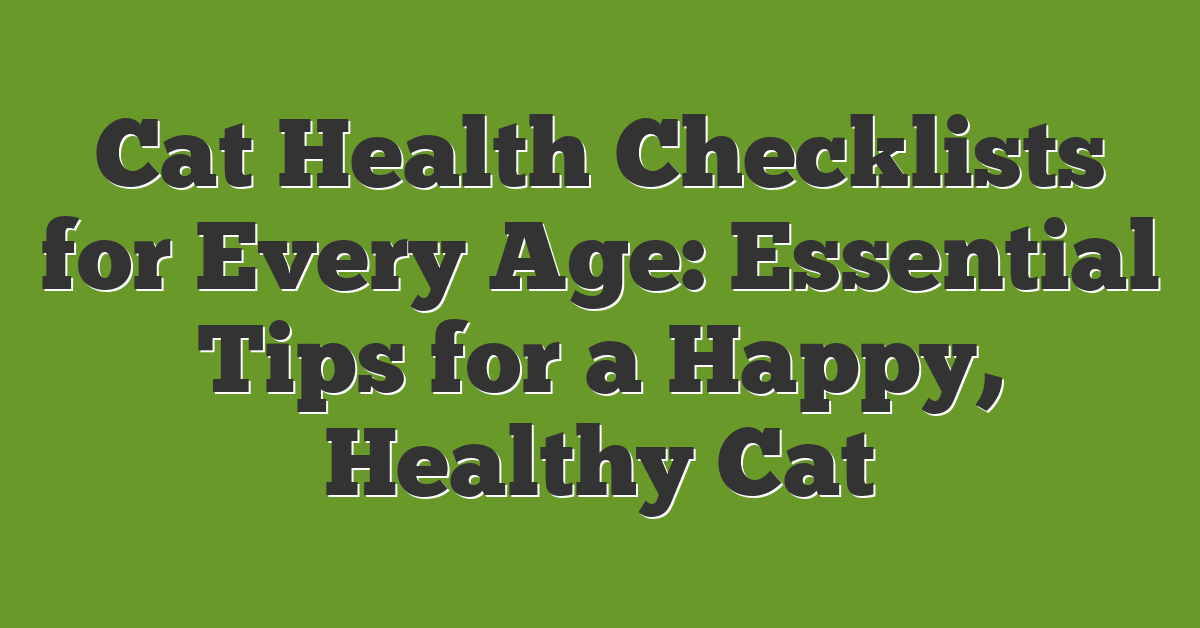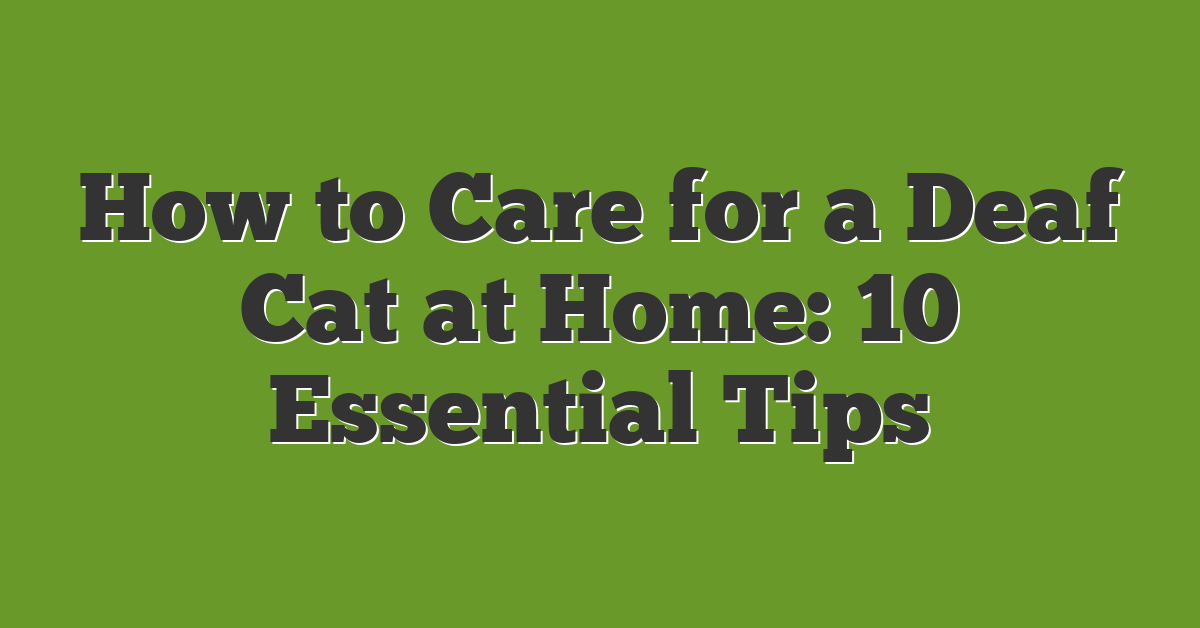Is Artificial Crab Safe for Cats?
As a cat lover, you know that cats can be curious creatures with adventurous taste buds. They may try to sneak a bite of whatever you’re eating, just to see if it’s as delicious as it smells. But when it comes to seafood, you have to be careful. Not all types of seafood are safe for cats to eat, and that includes artificial crab.
Artificial crab, also known as imitation crab or surimi, is a popular seafood substitute made from fish paste. It’s often used in dishes like California rolls or crab salads. But while it may be a tasty treat for humans, it may not be the best choice for your feline friend.
One reason why artificial crab may not be safe for cats is because it often contains additives and preservatives. These can be harmful to your cat’s digestive system and may cause stomach upset or other digestive issues. Additionally, some brands of artificial crab may contain high levels of sodium, which can be detrimental to your cat’s health.
Furthermore, artificial crab is not a natural part of a cat’s diet. Cats are obligate carnivores, which means that their bodies are designed to thrive on a diet of meat. While they may occasionally eat small amounts of vegetables or grains, their nutritional needs are primarily met through animal-based proteins. Artificial crab does not provide the necessary nutrients that cats need to stay healthy.
If you still want to offer your cat a seafood treat, it’s best to opt for cat-friendly options like cooked, plain fish or commercially-prepared cat foods specifically formulated for cats. These options are made with the nutritional needs of cats in mind and are less likely to contain harmful additives or preservatives.
While cats may be curious about artificial crab, it’s best to keep it off their menu. Stick to cat-friendly seafood options and ensure that your feline friend’s nutritional needs are met through a balanced and appropriate diet.
Understanding a Cat’s Diet
As a cat lover and enthusiast, you want to ensure that your furball is getting the best nutrition possible. Understanding your cat’s diet is crucial in keeping them happy and healthy.
Cats are obligate carnivores, which means they require a diet primarily made up of meat. Their bodies are designed to derive essential nutrients from animal tissue, including proteins and certain vitamins and minerals. Unlike humans, cats cannot produce these nutrients on their own and need a balanced diet to meet their nutritional needs.
- Protein-rich meals: Cats need high-quality animal protein to thrive. It’s important to provide them with a diet that includes meat-based proteins such as chicken, turkey, or fish.
- Fat content: Cats require certain types of fats in their diet, which help with energy production, vitamin absorption, and maintaining healthy skin and coat. Adding some healthy fats, like those found in fish or oils, can be beneficial for your cat’s overall well-being.
- Taurine: Taurine is an essential amino acid that cats cannot produce in sufficient amounts. It is crucial for their heart health, vision, and reproductive system. Make sure the cat food you offer contains adequate levels of taurine.
- Hydration: Cats have a low thirst drive and may not drink enough water on their own. Offering wet cat food or providing fresh water sources can help keep your cat well-hydrated and prevent urinary issues.
- Avoid certain foods: Some human foods, like chocolate, onions, garlic, and grapes, can be toxic to cats. It’s best to stick to cat-friendly options and consult your vet if you have any doubts about what your cat can eat.
Remember, every cat is unique, and their dietary needs may vary. Consulting with a veterinarian to create a nutrition plan tailored to your cat’s specific needs is always a wise choice.
When it comes to artificial crab, it’s best to avoid feeding it to your cat. Artificial crab, also known as imitation crab or surimi, is made from fish paste and often contains additives and preservatives that can be harmful to cats. Plus, it lacks the necessary nutrients cats need for optimal health.
The Components of Artificial Crab
Let’s take a closer look at the components of artificial crab and why it may not be suitable for your feline friend.
1. Imitation Crab Meat: Artificial crab is made from a processed fish called surimi, which is mixed with various additives to achieve its crab-like texture and flavor. Unfortunately, cats are obligate carnivores, which means their bodies are designed to thrive on meat, not imitations.
2. Lack of Nutritional Value: While artificial crab may be tasty to us humans, it does not provide the essential nutrients that cats need to stay healthy. Cats require a diet rich in animal protein to support their muscle development and overall well-being. Artificial crab falls short in this area.
3. Essential Nutrients: Cats also require certain essential nutrients that are not present in artificial crab. One such nutrient is taurine, which is crucial for a cat’s heart health and vision. Natural sources of taurine, such as meat and fish, are necessary to meet a cat’s nutritional needs.
4. High Sodium Content: Artificial crab can be high in sodium, which can put a strain on your cat’s kidneys and adversely affect their health over time. Cats naturally have a low thirst drive, which makes it even more important for them to consume a moisture-rich diet to stay hydrated.
Artificial crab lacks the necessary nutritional value to meet a cat’s dietary needs. It’s best to avoid feeding it to your feline friend and instead provide them with a balanced diet that consists of high-quality animal protein, essential nutrients like taurine, and proper hydration.
Remember, consulting with a veterinarian is always a great idea to ensure that you’re meeting your cat’s specific nutritional requirements.
Potential Risks of Artificial Crab for Cats
As a cat lover, you always want to ensure that your furry friend stays happy and healthy. That’s why it’s important to be aware of what foods are safe for your cat to eat. Artificial crab, also known as imitation crab, is a popular choice for humans, but it may not be suitable for our feline companions. Here are some potential risks to consider:
1. Lack of Essential Nutrients
Artificial crab is made from processed fish called surimi. Unfortunately, it doesn’t provide the essential nutrients that cats need to thrive. Cats are obligate carnivores, meaning they require a diet rich in animal protein to meet their nutritional needs. Artificial crab simply doesn’t deliver on that front.
2. Insufficient Taurine
Taurine is an essential amino acid that is vital for cats’ overall well-being. It plays a crucial role in maintaining healthy heart function and vision. While natural crab meat contains taurine, the artificial variety lacks this important nutrient. Long-term taurine deficiency can lead to serious health issues in cats.
3. High Sodium Content
Artificial crab is often high in sodium, which can be detrimental to a cat’s health. Cats are prone to developing conditions like hypertension, kidney disease, and heart problems when their sodium intake is too high. Feeding them foods with excessive sodium levels, such as artificial crab, can worsen these conditions.
4. Potential Allergic Reactions
Just like humans, cats can be allergic to certain foods. Artificial crab contains various additives and flavorings that may trigger allergic reactions in some cats. Symptoms can include vomiting, diarrhea, itching, and skin irritations. It’s always best to introduce new foods slowly and watch for any adverse reactions in your feline friend.
Remember, when it comes to your cat’s diet, it’s crucial to prioritize their health and well-being. Instead of feeding your cat artificial crab, opt for a balanced diet that includes high-quality animal protein, essential nutrients like taurine, and proper hydration. Always consult with your veterinarian to ensure that your cat’s specific nutritional requirements are being met.
Should You Feed Your Cat Artificial Crab?
As a cat lover, you want to offer your feline friend the tastiest treats and meals. When it comes to artificial crab, however, you should think twice about feeding it to your cat. Here’s why:
- Lacks essential nutrients: Artificial crab doesn’t provide the necessary nutrients that cats need to thrive. Cats require high-quality animal protein for building strong muscles and maintaining a healthy coat. Unfortunately, artificial crab falls short in this department.
- Low in taurine: Taurine is an essential amino acid for cats, and their bodies cannot produce it on their own. Taurine is crucial for their heart health, vision, and reproductive system. Artificial crab typically lacks adequate levels of taurine, which can negatively impact your cat’s well-being.
- High sodium content: Artificial crab is loaded with sodium, which can be harmful to cats. Excessive sodium intake can worsen conditions like hypertension and kidney disease in cats. It’s important to prioritize your cat’s health and opt for low-sodium alternatives.
- Potential allergic reactions: Some cats may have allergic reactions to artificial crab. Common symptoms include vomiting, diarrhea, itchiness, and respiratory issues. If you notice any adverse effects after feeding your cat artificial crab, it’s best to discontinue offering it.
Remember, your cat’s health should always be your top priority. Stick to a balanced diet that includes high-quality animal protein and essential nutrients. Opt for cat food options specifically formulated to meet their dietary needs.
If you have any concerns about your cat’s nutrition, it’s always a good idea to consult with your veterinarian. They can provide expert advice tailored to your cat’s individual needs, ensuring they receive the best possible care.
Ultimately, by making informed choices about what you feed your cat, you can help keep them healthy, happy, and purring for years to come.
Conclusion
When it comes to feeding your cat artificial crab, it’s important to consider the potential risks and drawbacks. As we’ve discussed, artificial crab lacks essential nutrients like animal protein and taurine, which are crucial for your cat’s overall health. Additionally, the high sodium content in artificial crab can be harmful, especially for cats with conditions like hypertension or kidney disease. Allergic reactions are also a possibility, making it important to monitor your cat for any adverse symptoms.
To ensure your cat’s well-being, it’s best to prioritize a balanced diet that includes high-quality animal protein and essential nutrients. Opting for cat-friendly alternatives that provide the necessary nutrients is a safer choice. Consulting with a veterinarian is always a good idea to ensure that your cat’s specific nutritional needs are being met.
Remember, your cat’s health should always be the top priority. By making informed choices and seeking professional advice, you can ensure that your feline friend stays happy and healthy for years to come.
Frequently Asked Questions
Q: Why is artificial crab not recommended for cats?
A: Artificial crab lacks essential nutrients, including animal protein and taurine, that cats require for optimal health. It is also high in sodium, which can be harmful to cats and worsen conditions like hypertension and kidney disease. Additionally, some cats may have allergic reactions to artificial crab.
Q: What are the potential risks of feeding artificial crab to cats?
A: Feeding artificial crab to cats can lead to nutritional deficiencies due to the lack of essential nutrients. The high sodium content in artificial crab can negatively affect a cat’s health, especially if they have hypertension or kidney disease. Additionally, some cats may experience allergic reactions when consuming artificial crab.
Q: What should cat owners prioritize when it comes to their cat’s diet?
A: Cat owners should prioritize providing a balanced diet that includes high-quality animal protein, essential nutrients, and proper hydration. A balanced diet helps ensure that cats receive all the necessary nutrients for their overall health and wellbeing. It is also important to consult with a veterinarian to ensure that a cat’s specific nutritional requirements are being met.
Q: What alternatives can cat owners consider instead of feeding artificial crab?
A: Cat owners can consider feeding their cats high-quality cat food that contains animal protein and essential nutrients. These can include options like wet or dry cat food formulated specifically for cats’ nutritional needs. By choosing cat food that meets their cat’s dietary requirements, owners can help promote their cat’s health and wellbeing.
Q: Is it necessary to consult with a veterinarian about a cat’s diet?
A: Yes, consulting with a veterinarian is important to ensure that a cat’s specific nutritional requirements are being met. Veterinarians can provide tailored advice and recommendations based on the cat’s age, health condition, and individual needs. They can also help address any concerns or questions related to the cat’s diet, ensuring that the cat receives the best possible nutrition and care.












